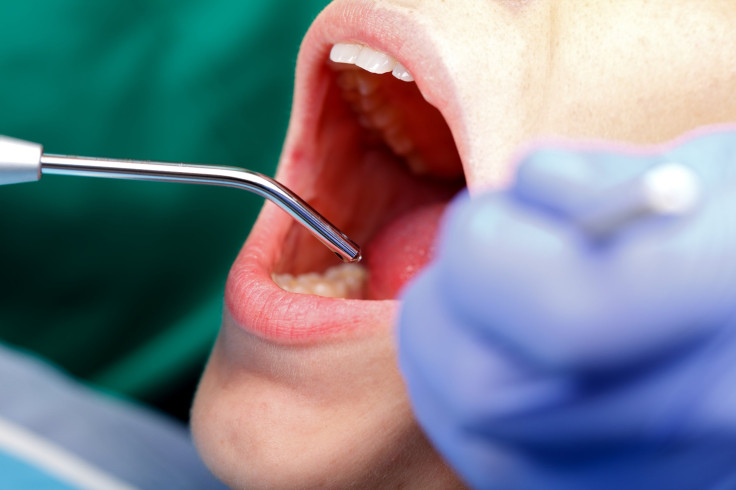Oral Health Isn't Much Of Americans' Concern, Poll Finds: One-Third Didn’t See The Dentist Last Year

Nobody really enjoys going to the dentist, but let's face it: Oral hygiene is important to our overall health. Despite this fact, Americans are still avoiding their annual dental visits; according to a new poll by Gallup, one-third of U.S. adults did not bother going to the dentist at all in the past year.
Gallup interviewed 178,072 American adults throughout 2013, as part of the Gallup-Healthways Well-Being Index. The poll found that the percentage of adults in the U.S. who went to the dentist in 2013 (64.7 percent) was nearly the same as in 2008, at 65.7 percent, meaning dental attendance hasn't improved much. Women, however, were more likely to visit the dentist than men, and whites were more likely to go to the dentist than blacks and Hispanics. Seventy percent of whites and Asians visited in 2013, compared to the 55 percent of blacks and Hispanics. Young people between the ages of 18 and 29, meanwhile, were less likely to visit the dentist than people who were middle-aged or older, and Southerners were the least likely to visit the dentist among all Americans. The highest visiting rates were found in the East.
However, the poll found that the biggest difference was across income groups — people who earned over $120,000 per year were twice as likely to go to the dentist as those who earned less than $12,000. “Dental visit rates have held steady since 2008 for top earners,” the Gallup report indicates, “while they have declined for all other groups, particularly for low- and middle-income households with incomes between $24,000 and $60,000 per year.”
Clearly part of this trend has to do with income, but a good number of people may also simply be unaware that oral health can have an impact on the rest of your body. Poor oral care has been linked to heart disease, diabetes, rheumatoid arthritist, and stroke; and research has found that those who suffer from gum disease are twice as likely to develop coronary artery disease.
When your mouth is teeming with bacteria (which is a regular occurrence, though less so when you brush every day), some germs can make their way into your bloodstream and cause infection and diseases, if you're not keeping them in check through daily brushing and flossing. The Mayo Clinic suggests brushing your teeth twice a day, flossing, and eating a healthy diet, along with attending regular dental checkups.
The American Dental Association notes that people who are at high risk of developing periodontal disease, or gum disease, should have more frequent dentist appointments, whereas low-risk people should at least visit their dentist yearly. “Public education could help here,” Victoria Martin of Clinical Optimization told Jilard News. “Dentists need to spread the word about just how important those annual dental visits are, not just for keeping your teeth white but to help prevent heart attacks and strokes.”
Published by Medicaldaily.com



























